Tesla plans to resume shipments of components from China to the United States later this month for the production of its upcoming Cybercab and Semi models, according to a person familiar with the matter, Reuters reports.
The decision follows a recent de-escalation in trade tensions between the US and China, signaling a potential shift in the business environment for cross-border manufacturing.
The truce, announced after talks in Geneva over the weekend, includes a rollback of many of the tariffs and countermeasures that had been imposed during the ongoing US-China trade dispute. The renewed cooperation appears to be having an immediate impact on companies like Tesla, which had previously paused its component shipment plans due to heightened tariffs.
Last month, the US raised tariffs on certain Chinese goods to 145%, prompting Tesla to suspend shipments and casting uncertainty over its production timeline. The source, who requested anonymity due to the sensitivity of the information, noted that while shipments are now set to resume, the situation remains fluid given the unpredictability of US trade policy.
Tesla aims to begin trial production of the Cybercab and Semi trucks in October, with full-scale production targeted for 2026. The Cybercab is planned for production in Texas, while the Semi will be built in Nevada. The company has been actively seeking regulatory approvals for a robotaxi service utilizing the Cybercab, a fully autonomous vehicle concept introduced last year. Tesla has pledged to offer the model at a starting price of under $30,000.
The Semi, meanwhile, is expected to enter mass production in 2026, enabling Tesla to fulfill long-standing orders from commercial clients, including PepsiCo. The vehicle has experienced multiple delays since its initial unveiling in 2017.
Tesla CEO Elon Musk, a vocal advocate for free trade, has previously criticized tariffs for raising costs and hampering the company’s growth. During a recent earnings call, Musk confirmed that he had lobbied for tariff relief but acknowledged that final decisions rest with the administration. Tesla CFO Vaibhav Taneja also highlighted the negative impact of tariffs on capital investments, noting that equipment needed for US production often comes from China.
Tesla has not publicly commented on the resumed shipments.
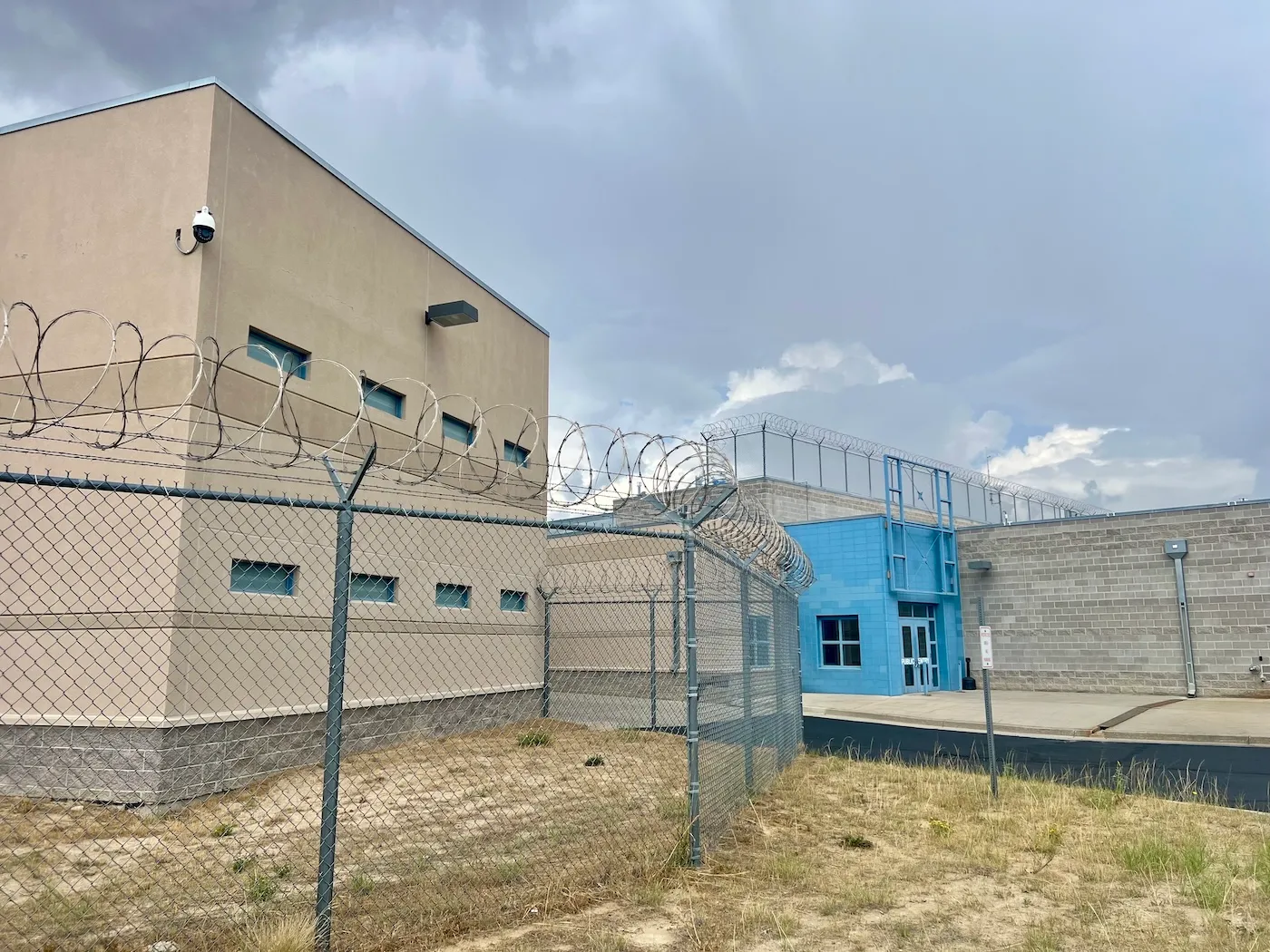
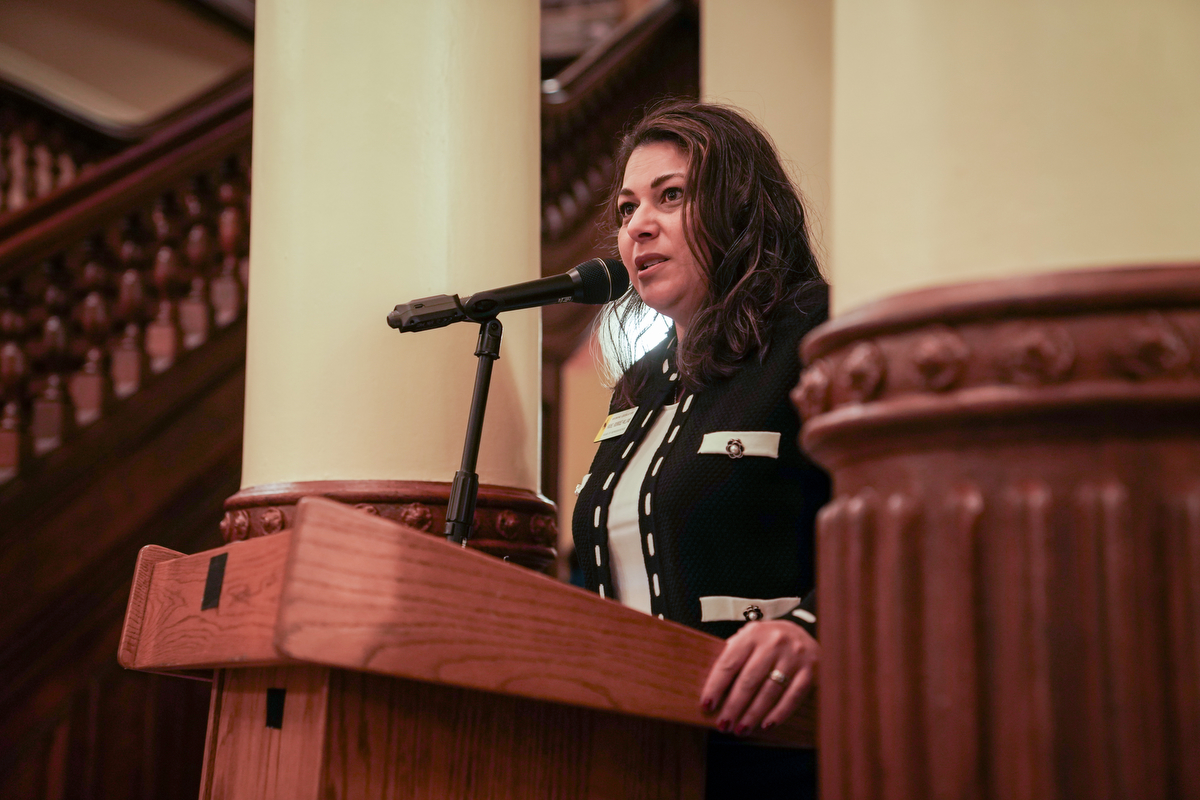
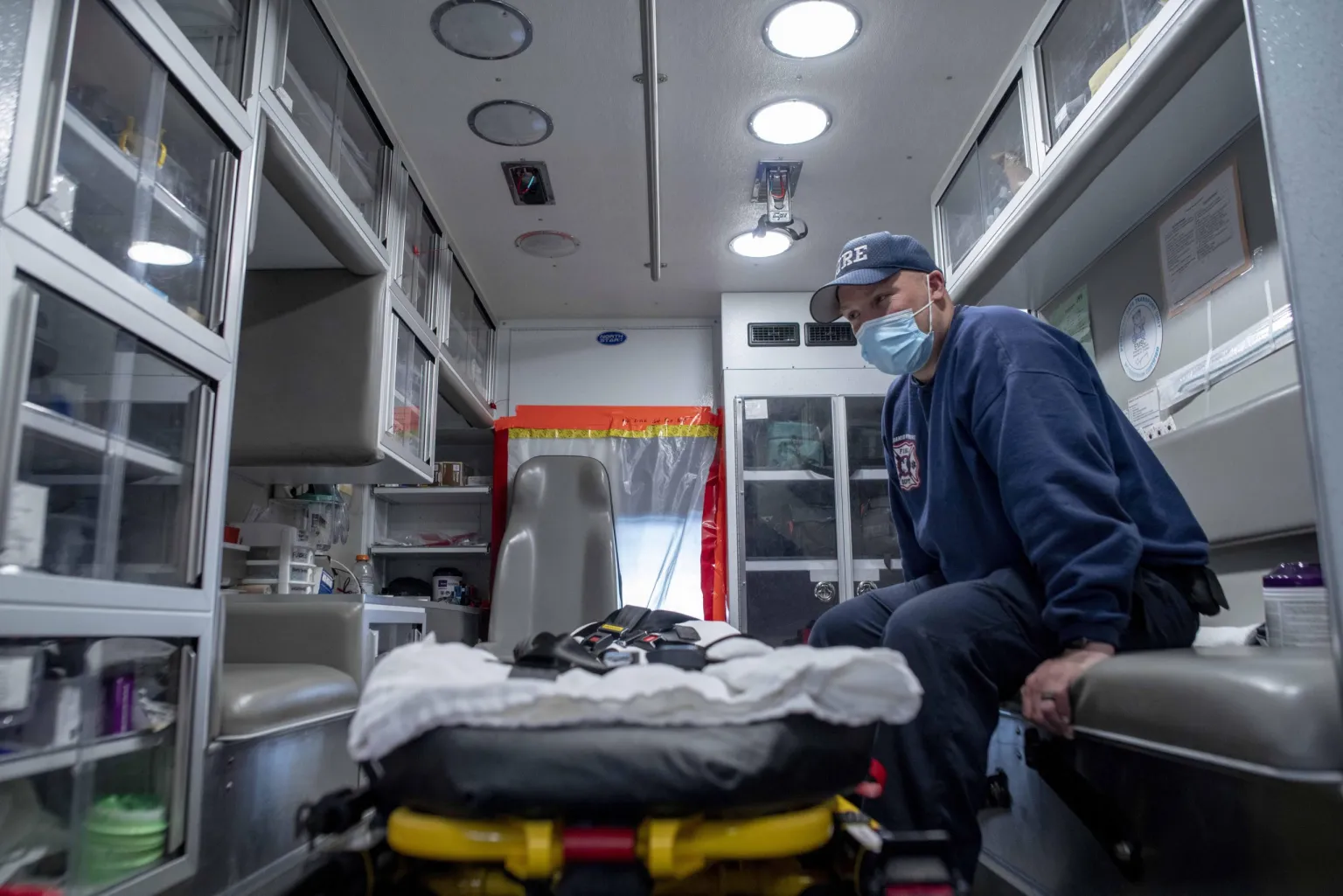
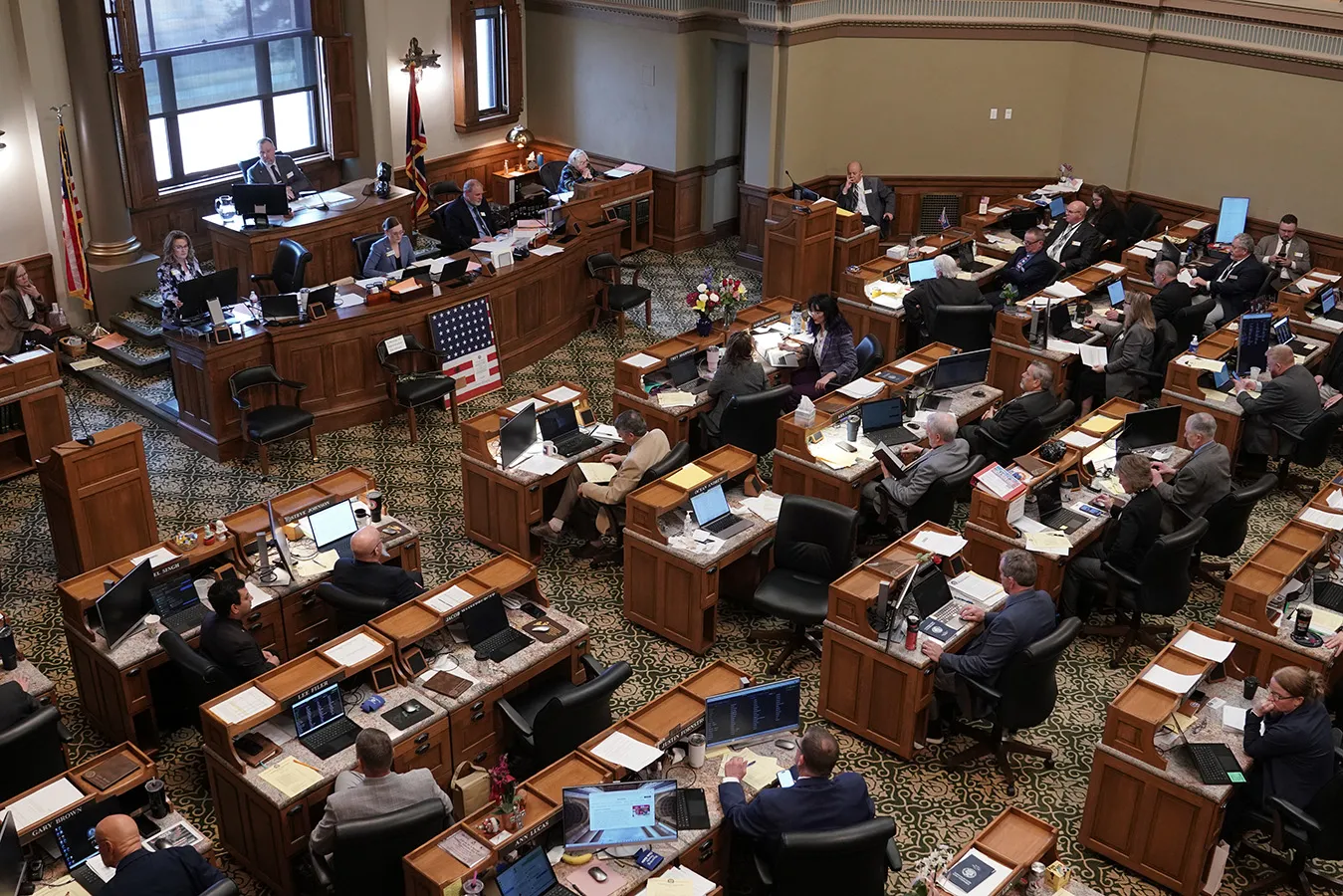
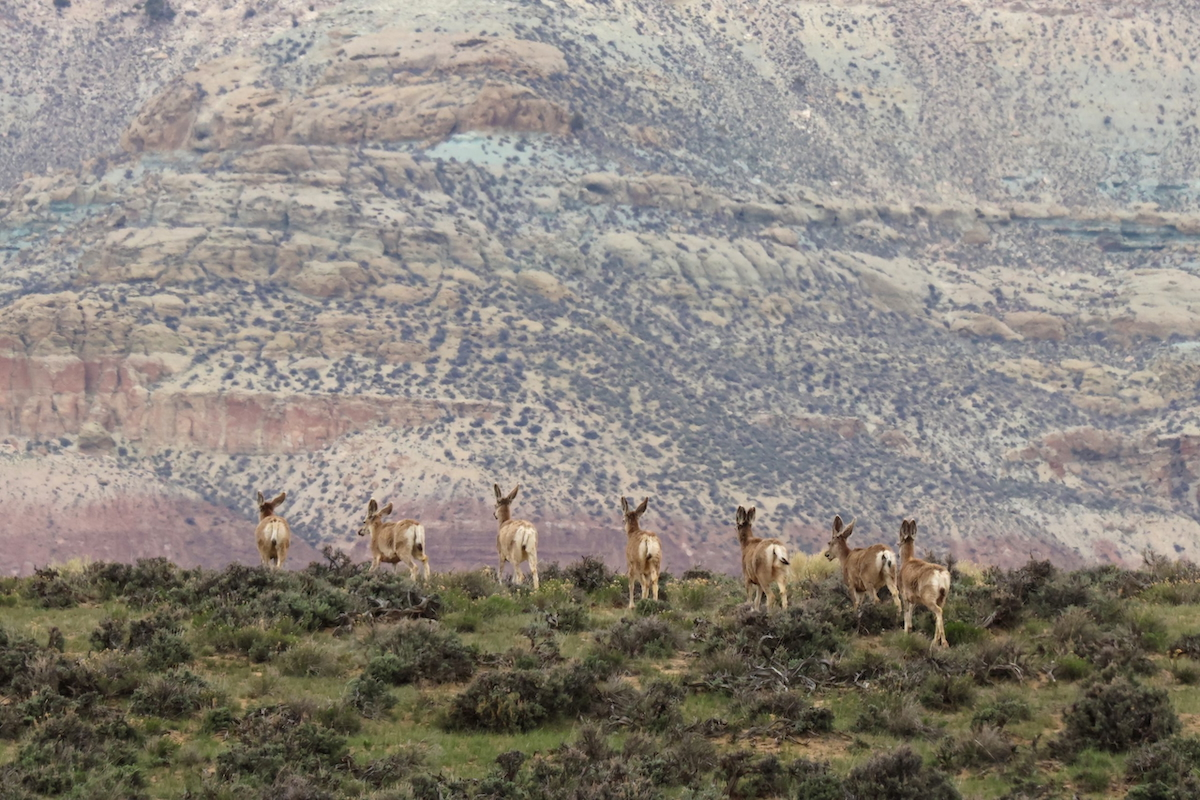
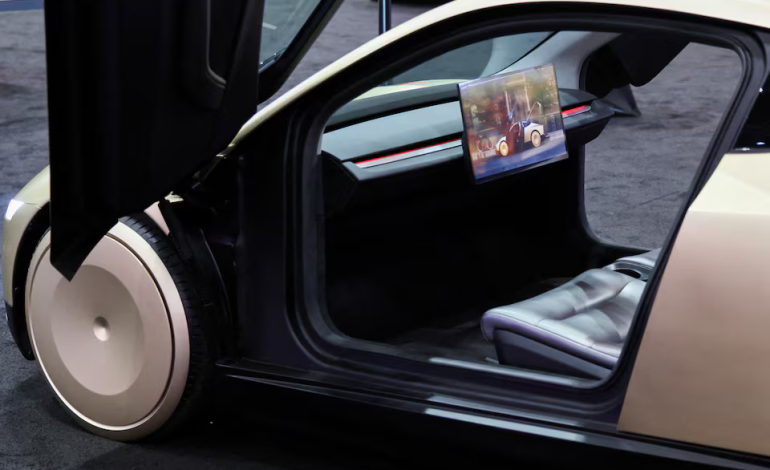




The latest news in your social feeds
Subscribe to our social media platforms to stay tuned